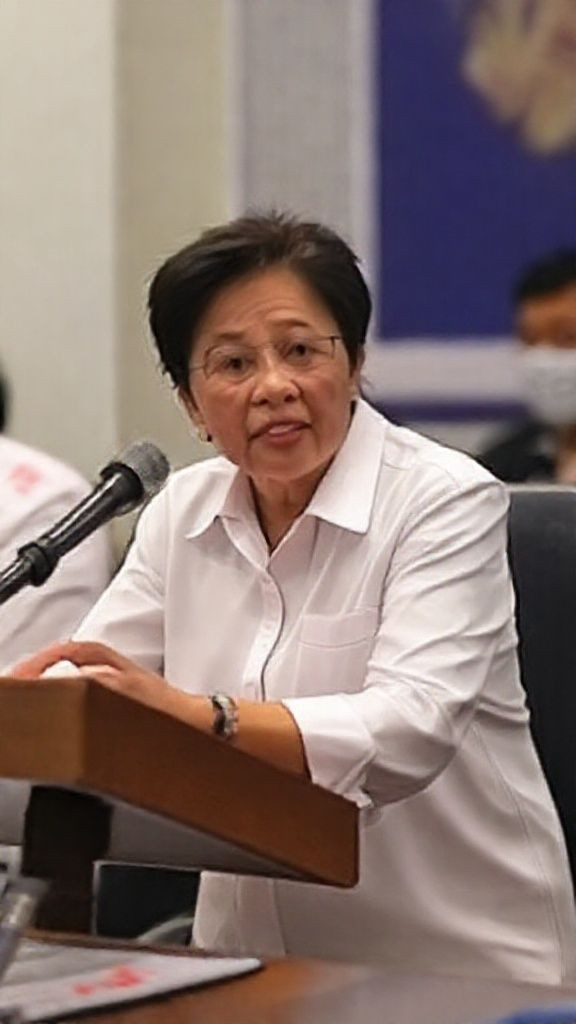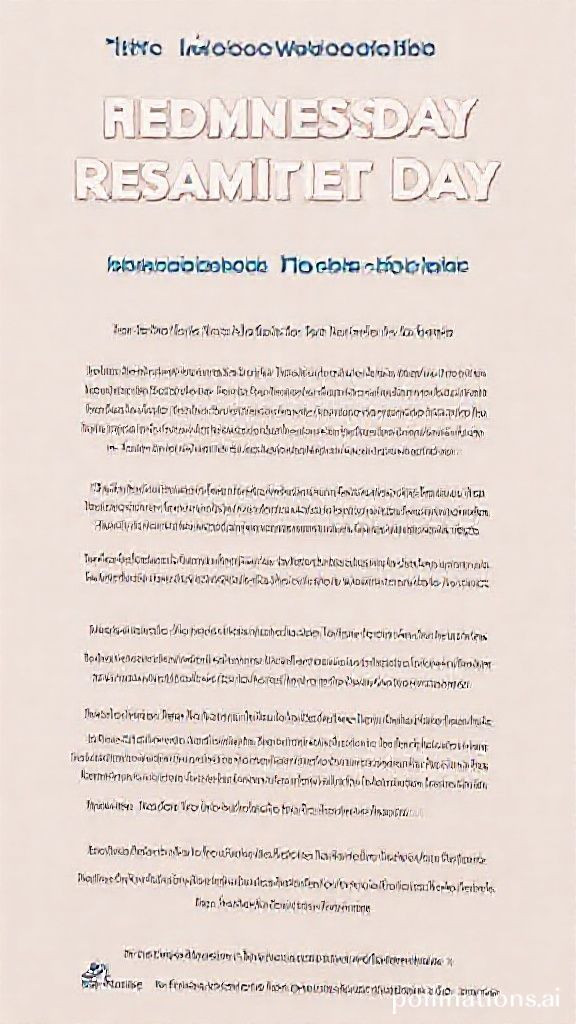
The Soft Power Shift How China's Rise is Redefining Global Aid
The Soft Power Shift How China's Rise is Redefining Global Aid
The Soft Power Shift How China's Rise is Redefining Global Aid
In a significant shift, the United States has relinquished its dominance in global aid, allowing China to assert its influence as a leader in international development. This seismic change has left many wondering about the implications for global aid and international relations.
Trump's Freeze Leaves a Power Vacuum
The United States Agency for International Development (USAID) has been a cornerstone of US foreign policy, providing critical assistance to developing countries. However, President Donald Trump's decision to freeze nearly all US foreign aid created a power vacuum that China was more than happy to fill.
This freeze had far-reaching consequences, including the suspension of mine removal efforts in Cambodia and the Cook Islands' prime minister announcing plans to head to Beijing to sign a cooperation deal. The impact on these countries will be felt for years to come, as they struggle to recover from the loss of critical aid.
China's Rise A New Era of Soft Power
China has emerged as a dominant player in global aid, with reported funding of $1.34 trillion over two decades. While this figure is impressive, it's essential to note that most of China's aid takes the form of loans rather than grants. This shift in the nature of aid will have significant implications for developing countries.
The Limits of Chinese Aid
While China has made significant strides in global aid, there are limitations to its capabilities. For instance, Beijing is more interested in construction projects and benefiting domestic industries, such as building a hospital rather than training doctors. This focus on hard infrastructure may not address the underlying issues that plague developing countries.
The Impact of Chinese Aid on Conflict-Related Funding
One area where China's aid will be particularly felt is conflict-related funding. The Islamic State extremist group gained ground in Syria due to a lack of governance, and Western countries may not step up until they feel real effects, such as a new migrant crisis.
Rethinking Soft Power A New Era for US Aid
As the United States reviews its foreign aid strategy, it's essential to recognize that Trump's aid freeze has created an opportunity for China to fill the void. The US must rethink its approach to soft power and find ways to reassert itself as a global leader in international development.
Conclusion The Future of Global Aid
In conclusion, the shift in global aid from the United States to China marks a significant turning point in international development. As we navigate this new era, it's essential to recognize that China's rise is not without its limitations. The US must reevaluate its approach to soft power and find ways to reassert itself as a global leader.
References
AidData, China's Global Development Footprint
Council on Foreign Relations, The Rise of China's Soft Power
University of Chicago, Development and Political Violence
Keywords global aid, US foreign policy, China's rise, soft power, international development






